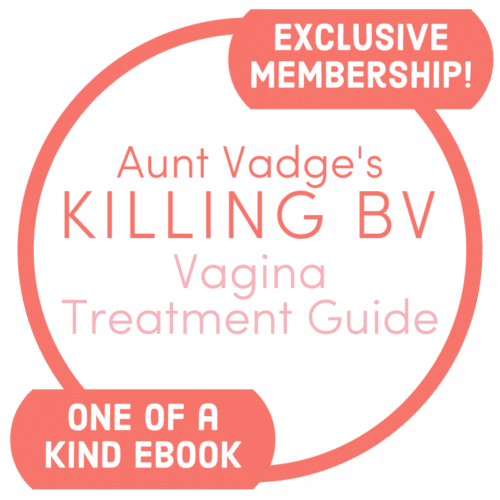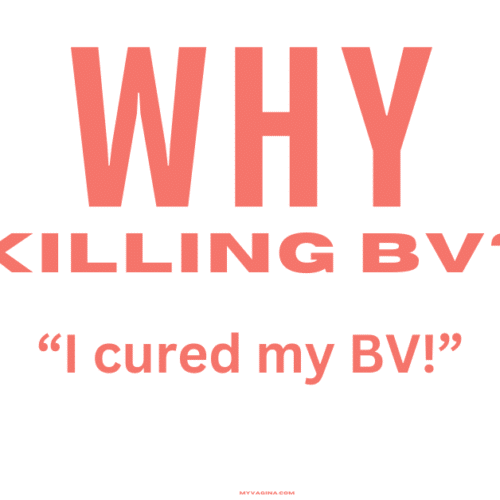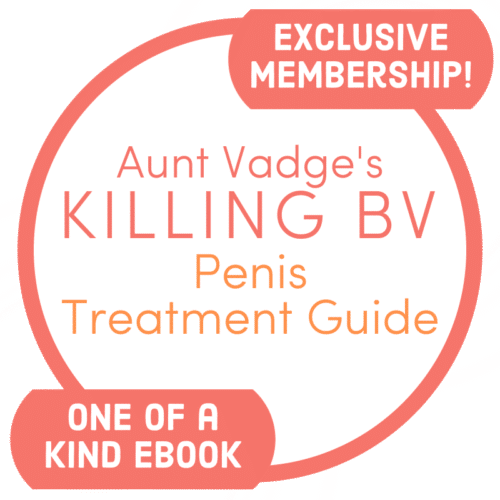Vagina and penis are not dirty words: teaching kids about their bodies
Talking about your genitals in vague terms isn’t helpful for anyone, and perpetuates the idea that your vagina or penis (or whatever in between) is off-limits for discussion in any real way. This only harms us.
A good reason why explaining the different areas of your child’s genitals to them is not just for their own benefit in life, but to help explain their pain or discomfort to you when it matters. If something goes wrong, you need to be able to clarify which part – exactly – has a problem. ‘Down there’ just isn’t good enough.
Calling body parts by their real names is even more important when it comes to abuse prevention, with standard dialect being a key component of protecting kids.
Age-appropriate anatomically-correct terms promote positive body image, self-confidence, and facilitate better parent-child communication. This discourages perpetrators, who often employ shame and secrets as a tool. If abuse does occur, it is a useful tool to figuring out just what has gone on and where.
Teaching plain and accurate language is the only way forward for healthier and happier lives. Body parts are body parts and they shouldn’t come with stigma or shame.
Health questions should be answered accurately and honestly, and help given when requested. Schools and out-of-school activities aren’t always safe places for kids, so leaving them without any tools for communicating issues accurately leaves them at a disadvantage.
Private parts of private parts, and kids need to know nobody else is allowed to touch theirs. This matters. Opening the lines of communication means kids can feel safe and comfortable asking questions and talking about their bodies.
Kids should know:
- Vagina
- Vulva
- Penis
- Testicles
- Anus
They actually don’t need to know too much more, since nothing much else happens when kids are younger.
As they get older – into their teens – it’s important to move on to the next phase of learning about anatomy since puberty can come as quite the shock, and hormones change the look and feel of the vagina and vulva.
If you are struggling to talk to your kids, get help with it. It’s not always easy to overcome our own training, so find support, get books, and get to it. Your kids need you.




